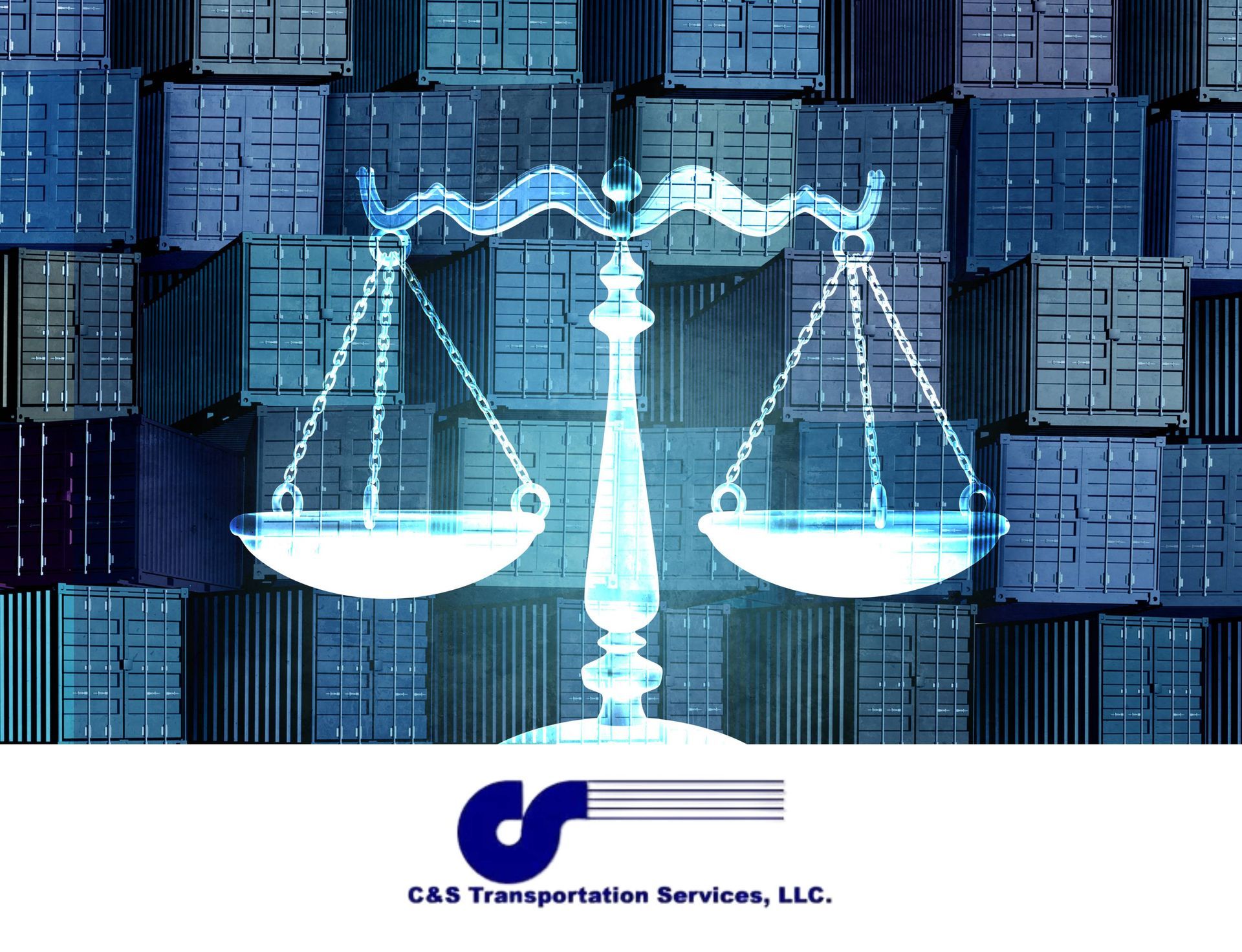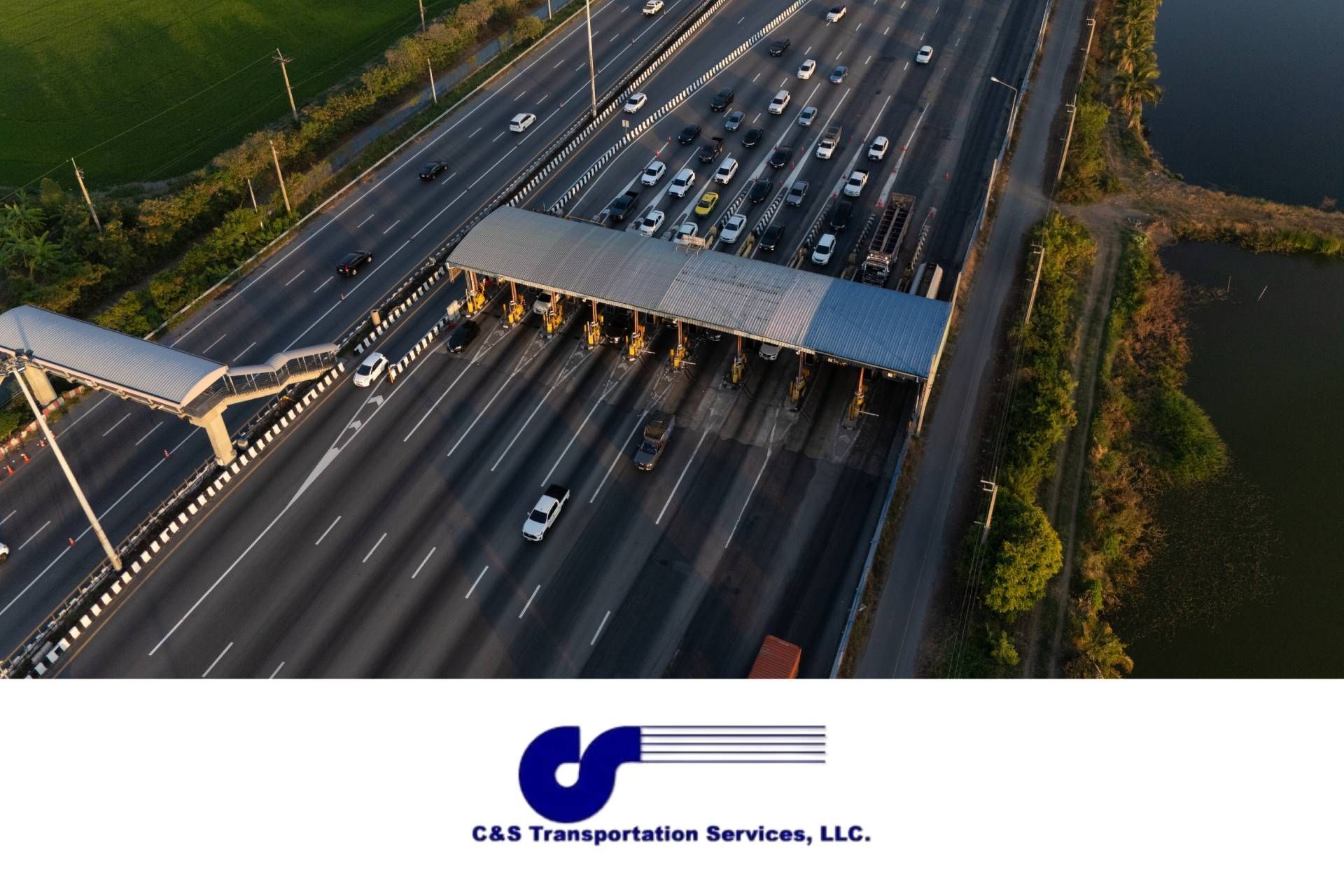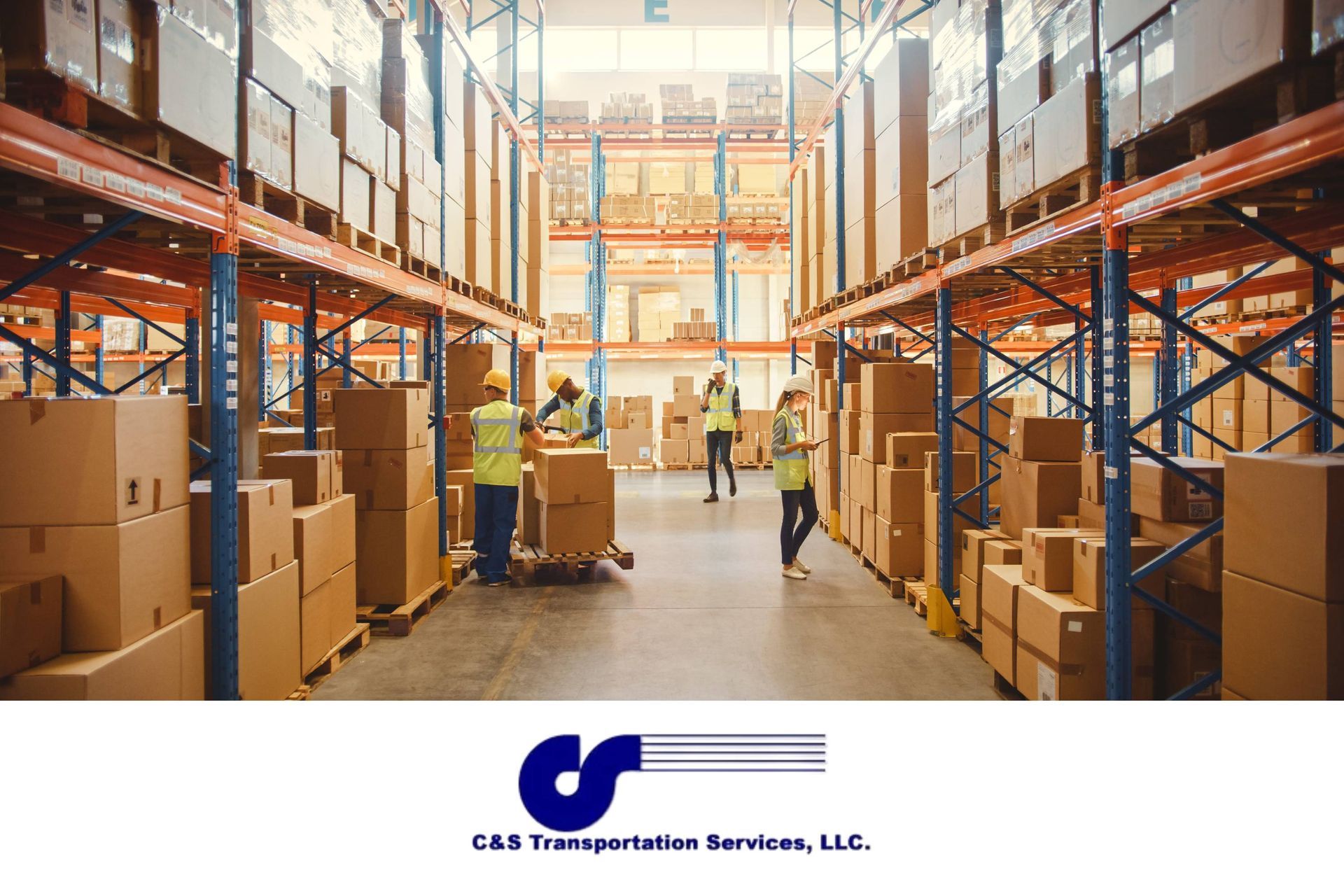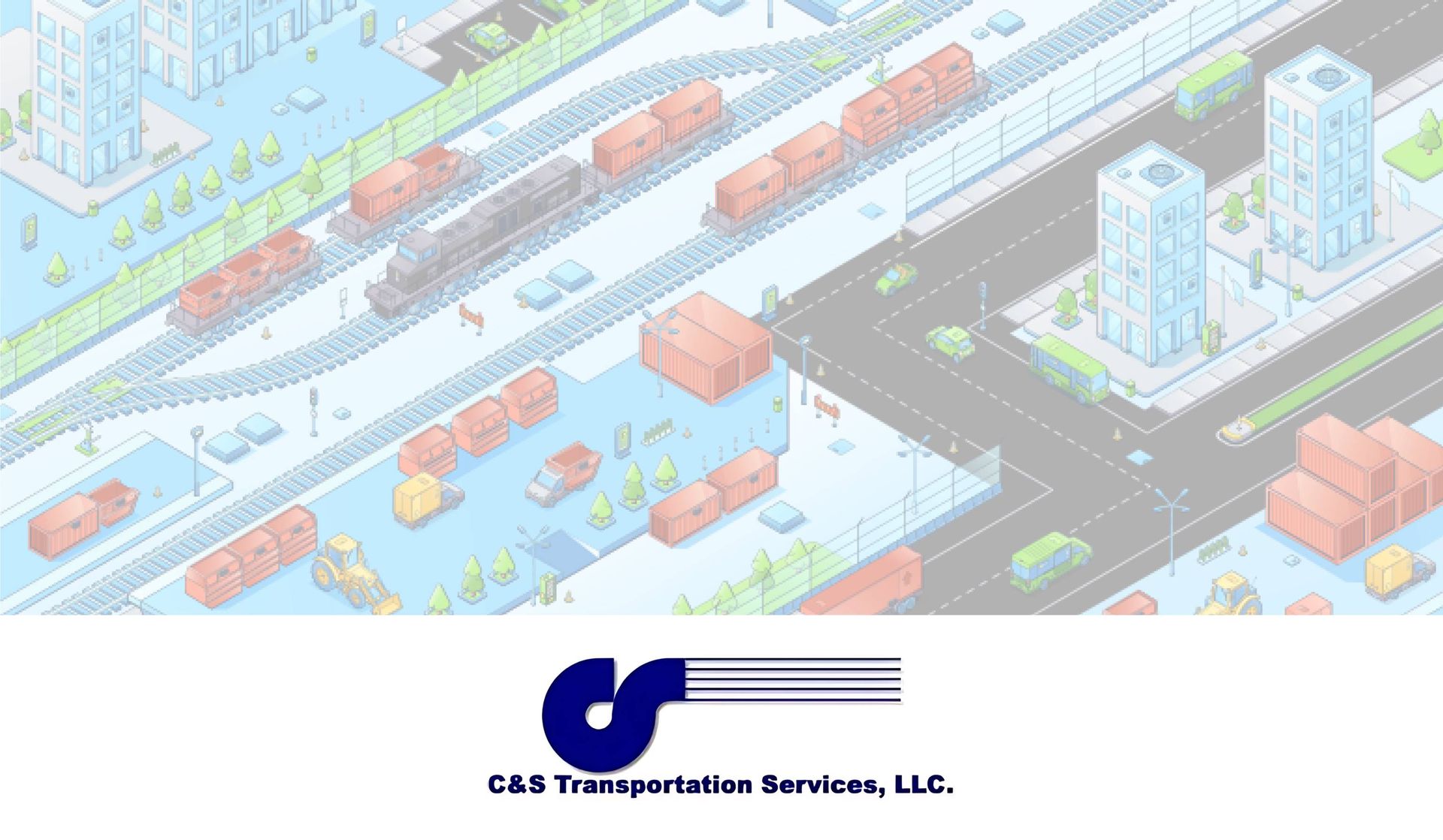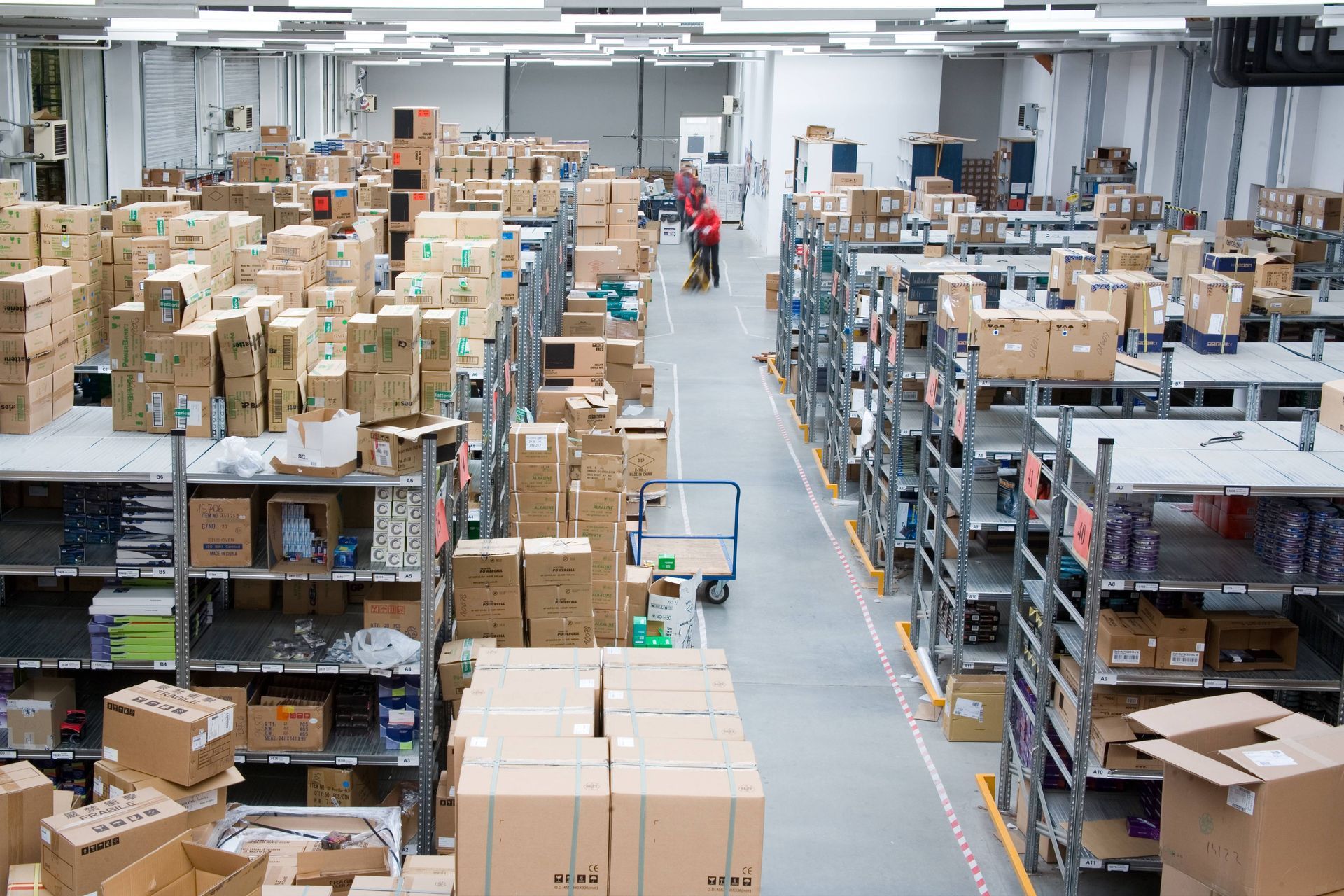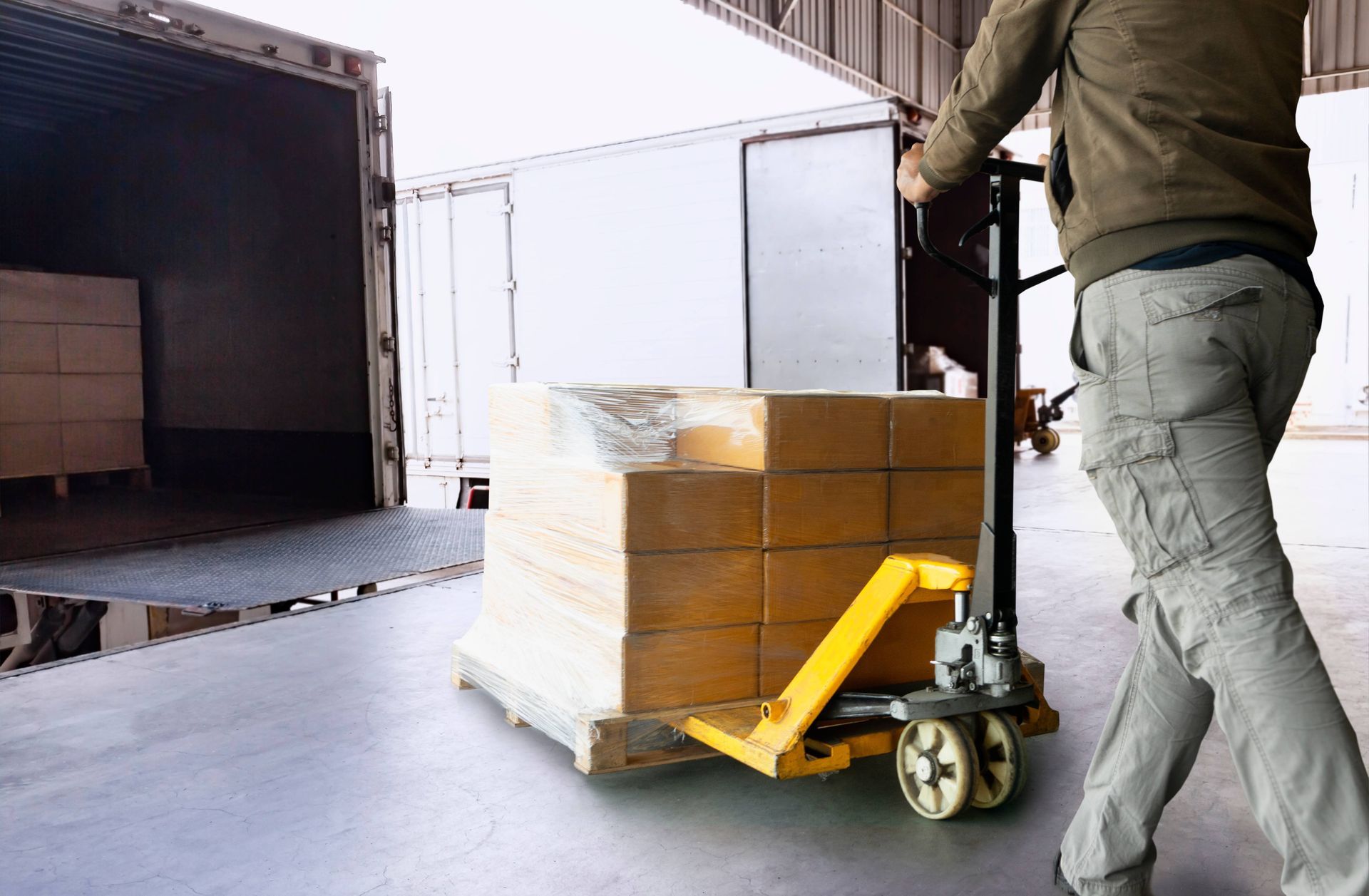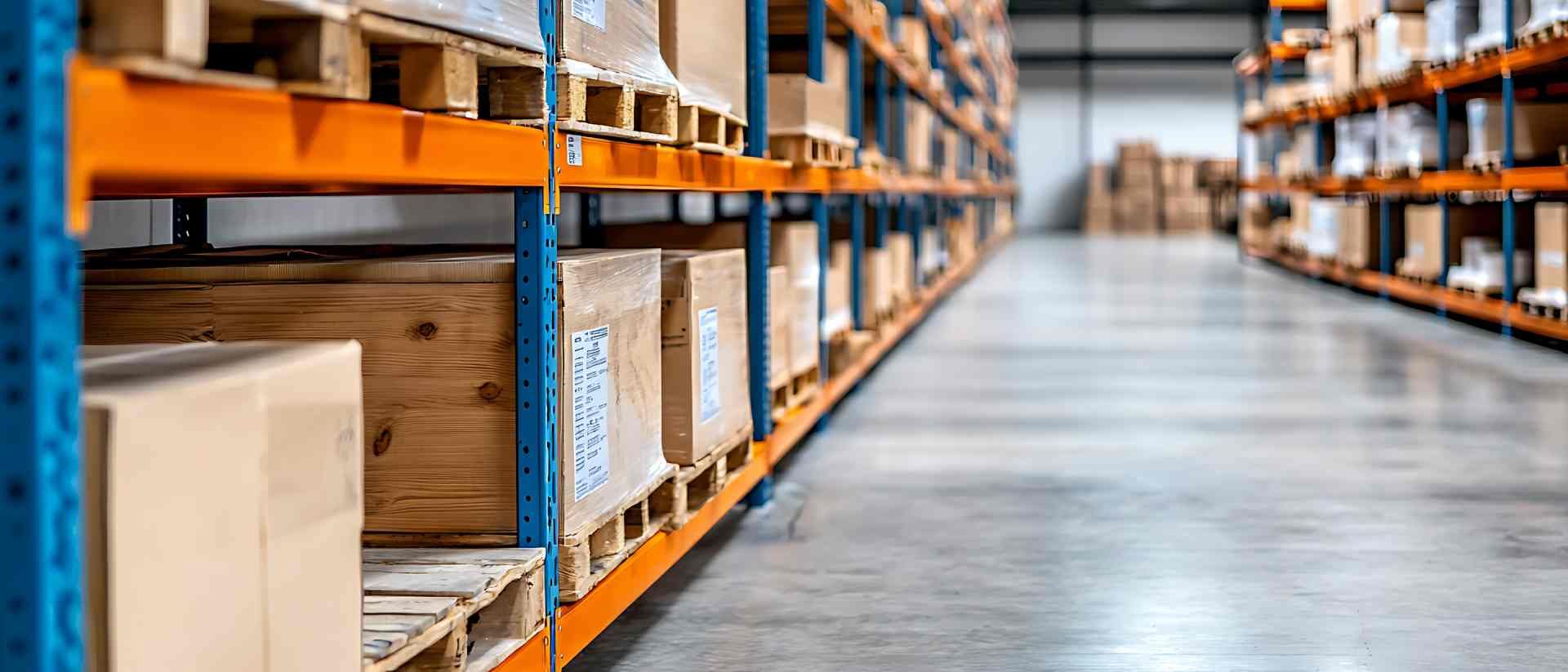How Will Tariffs Impact My Business?
The United States has recently announced sweeping tariff adjustments that are sending shockwaves through industries nationwide. These policy shifts affect countless businesses that depend on imported goods, from manufacturers sourcing raw materials to retailers stocking their shelves. Rest assured that C & S Transportation is on your side; we keep clients informed and leverage strategies that protect their bottom lines.
Breaking Down the Definition of Tariff
A tariff is a tax imposed by governments on goods crossing international borders. The definition of tariff extends beyond a simple fee — it is a policy tool that governments use to regulate trade, protect domestic industries, and generate revenue. These taxes are typically calculated as a percentage of the value of the imported product, although some tariffs apply fixed amounts per unit. The burden of paying these fees falls on importers, who are often forced to pass the costs along to consumers through higher prices.
How tariffs are applied
- Ad valorem (a % of customs value) or specific (a fixed amount per unit).
- Collected by U.S. Customs and Border Protection (CBP) from the importer of record.
Calculating landed cost
Landed Cost = Product Cost + Freight + Insurance + Duty/Tariffs + Brokerage/Handling + Taxes/Fees
Example: If your $10,000 shipment has a 10% duty, $1,200 freight/insurance, and $200 brokerage, landed cost ≈ $12,200.
Clarifying Import: Meaning and Process
The term "import" refers to bringing goods or services into a country from abroad for sale or trade. It’s the entire process of purchasing products manufactured in other nations and transporting them across borders for domestic use.
Importing involves:
- customs clearance.
- verification of documentation, and
- payment of applicable duties or tariffs.
Businesses that import materials, components, or finished products must account for these additional costs in their budgeting and pricing strategies.
Recent Tariff Changes
The landscape of international trade has experienced considerable volatility in recent years. Administrations have implemented new tariffs on specific countries and product categories, particularly affecting goods from China and many other countries, from industrial steel and aluminum imports to various components and consumer products. These policy shifts have created uncertainty for businesses that depend on predictable import costs.
How Tariffs Impact Business Shipping
Tariffs directly influence businesses’ shipping decisions and logistics strategies. To start, higher import taxes can make previously cost-effective shipping routes less attractive. Companies may need to reconsider their supplier relationships, seeking domestic alternatives or exploring new international partners in countries with more favorable trade agreements.
Shipping volumes also fluctuate in response to tariff announcements. Some businesses will rush to import large quantities before new tariffs take effect, creating temporary surges in freight demand. Others will reduce import volumes to minimize exposure to higher costs, leading to decreased shipping activity. These swings affect freight rates and carrier availability.
Compliance requirements make the logistics planning even more challenging. Businesses must prioritize proper documentation and classification of imported goods to avoid penalties or delays. Accurate tariff code assignment is critical for calculating true landed costs and smooth customs clearance.
How C&S Transportation Helps Clients When Tariffs Increase
C&S Transportation works closely with businesses to identify cost-saving opportunities within their supply chains. Our team analyzes shipping routes, consolidation options, and carrier relationships to offset tariff-related expenses wherever possible.
We also help clients calculate landed costs by providing transparent pricing breakdowns that account for all fees and duties. This detailed analysis enables more informed forecasting and budgeting decisions. Additionally, our partnerships with customs brokers help shipments clear efficiently, avoiding costly delays that compound the financial impact of higher tariffs.
Whether you need to adjust inventory timing, explore alternative routing options, or simply gain clarity on how tariffs impact your bottom line, our logistics experts will provide practical guidance tailored to your company’s needs.
We’ll Help You Take Control of Your Shipping Costs
Tariff fluctuations don't have to derail your business operations. C & S Transportation helps companies optimize their supply chains and successfully adapt to changing trade conditions. Contact us in Nicholasville, KY, for coast-to-coast service in the United States.

